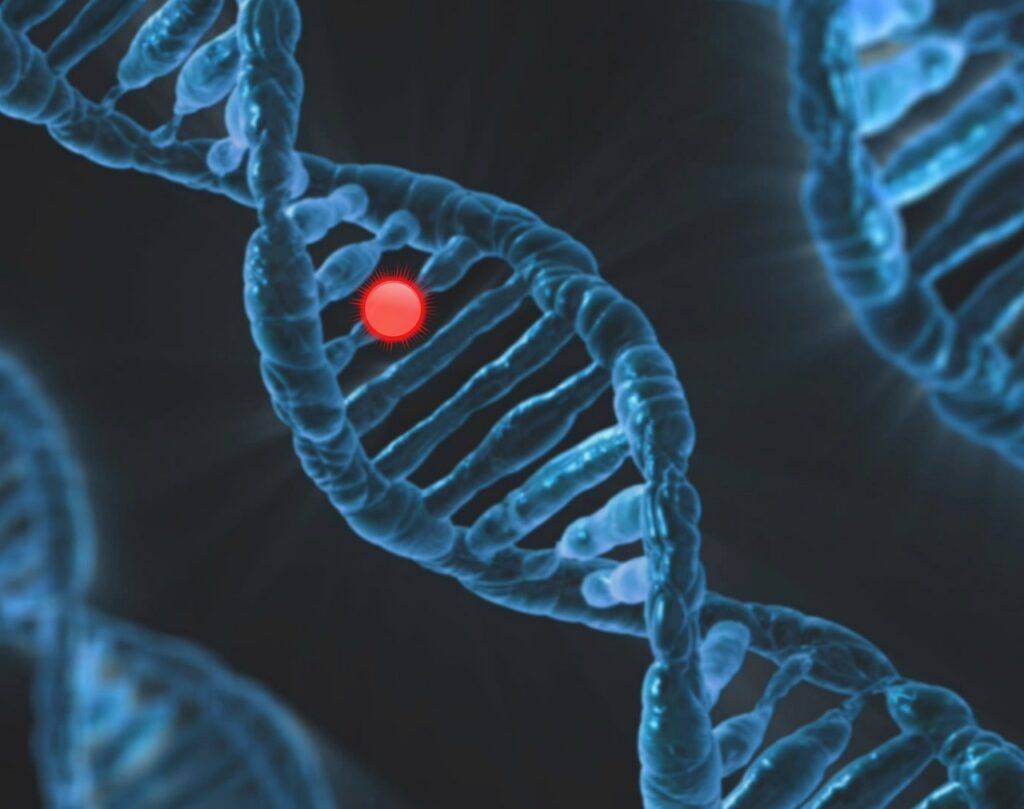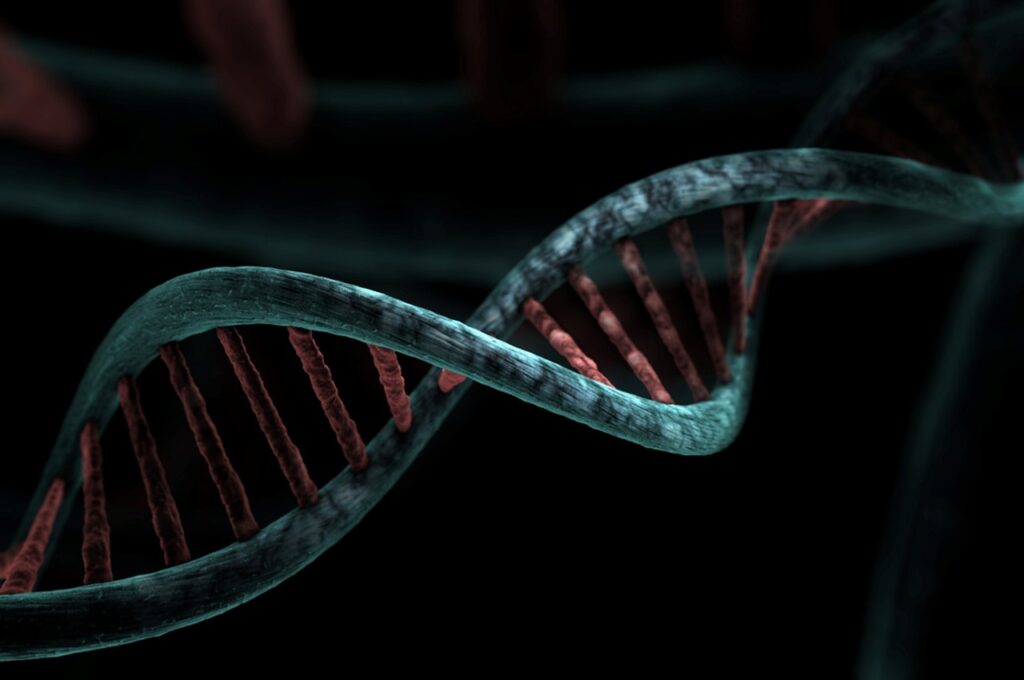Gene editing has rapidly evolved from a niche scientific concept into one of the most revolutionary tools in modern medicine. At the forefront of this transformation is CRISPR-Cas9, a powerful gene-editing technology that allows scientists to precisely modify DNA sequences. Its potential to cure genetic diseases, improve crops, and combat viruses has captured the imagination of researchers and the public alike. However, with great power comes great responsibility — and CRISPR raises profound ethical questions that society must confront.
In this article, we’ll explore the promises and challenges of gene editing, focusing on how CRISPR could reshape medicine while highlighting the moral debates it ignites.
What is CRISPR and Why is it a Game-Changer?
CRISPR (Clustered Regularly Interspaced Short Palindromic Repeats) is a naturally occurring system bacteria use to defend against viruses. Scientists adapted this system to target and cut specific DNA sequences in human cells, enabling the removal, addition, or alteration of genetic material with unprecedented accuracy.
This precision is what makes CRISPR revolutionary compared to older gene-editing methods. It’s faster, cheaper, and more versatile, opening doors to treatments that were once science fiction.
Medical Breakthroughs Using CRISPR
- Curing Genetic Disorders: CRISPR has shown promise in treating diseases like sickle cell anemia and cystic fibrosis by correcting faulty genes. Early clinical trials have already reported success in patients, offering hope for permanent cures rather than lifelong symptom management.
- Cancer Therapy: Researchers are engineering immune cells using CRISPR to better target and destroy tumors, enhancing the effectiveness of immunotherapy.
- Combating Viral Infections: CRISPR can be designed to snip viral DNA from infected cells, suggesting new ways to fight diseases such as HIV and herpes.
Ethical Concerns: Where Do We Draw the Line?
Despite its promise, gene editing provokes significant ethical debates. Some concerns focus on safety, while others grapple with the broader implications for society.
1. Germline Editing and Heritable Changes
One of the most controversial uses of CRISPR is editing the germline — genes in embryos or reproductive cells that are passed on to future generations. This could eliminate inherited diseases forever but also raises alarms:
- Unintended Consequences: Changes may have unforeseen effects that persist across generations, potentially introducing new health issues.
- Designer Babies: The possibility of editing traits unrelated to health, such as intelligence or appearance, stokes fears of eugenics and social inequality.
- Consent: Future generations cannot consent to the genetic modifications made before their birth.
2. Accessibility and Inequality
CRISPR technology could exacerbate existing health disparities if only wealthy individuals or countries have access to gene-editing therapies. This raises questions about justice and fairness in medical treatment.
3. Regulatory Oversight
Currently, global regulations on gene editing vary widely. Some countries ban germline editing outright, while others allow research with loose restrictions. Without international consensus, there’s a risk of “gene-editing tourism” where individuals seek treatments in less regulated environments, raising safety and ethical concerns.
Balancing Innovation with Responsibility
Experts agree that CRISPR’s development requires a balanced approach—encouraging innovation while protecting ethical standards.
Scientific and Ethical Guidelines
Organizations like the World Health Organization (WHO) and National Academies have called for strict oversight, transparency, and public engagement in gene-editing research. This includes:
- Moratoriums on clinical germline editing until safety and ethical consensus are reached.
- Robust informed consent processes for patients undergoing somatic (non-heritable) gene therapies.
- Ensuring equitable access and preventing discrimination based on genetic traits.
The Role of Public Dialogue
The future of gene editing isn’t just a scientific or regulatory issue; it’s a societal one. Inclusive public dialogue is essential to shaping policies that reflect diverse values and concerns.
Questions for discussion include:
- What diseases justify gene editing?
- How do we prevent misuse while fostering beneficial research?
- How do cultural, religious, and ethical perspectives influence acceptance?
Looking Ahead: What CRISPR Means for Medicine
Gene editing holds immense promise to revolutionize healthcare by moving from treatment to true cures. It offers hope for patients with previously untreatable genetic conditions and may even help eradicate some diseases altogether.
However, this promise comes with the responsibility to carefully navigate the ethical landscape. It requires collaboration among scientists, ethicists, policymakers, and the public to ensure gene editing is used safely, fairly, and respectfully.
Conclusion
CRISPR technology marks a new frontier in medicine—one that could redefine human health and longevity. While its breakthroughs are thrilling, the ethical dilemmas remind us that science does not operate in a vacuum. As we harness the power to rewrite our DNA, society must thoughtfully decide where to draw the lines.
Ultimately, gene editing challenges us to balance innovation with humanity, making decisions that honor both our potential and our principles.



